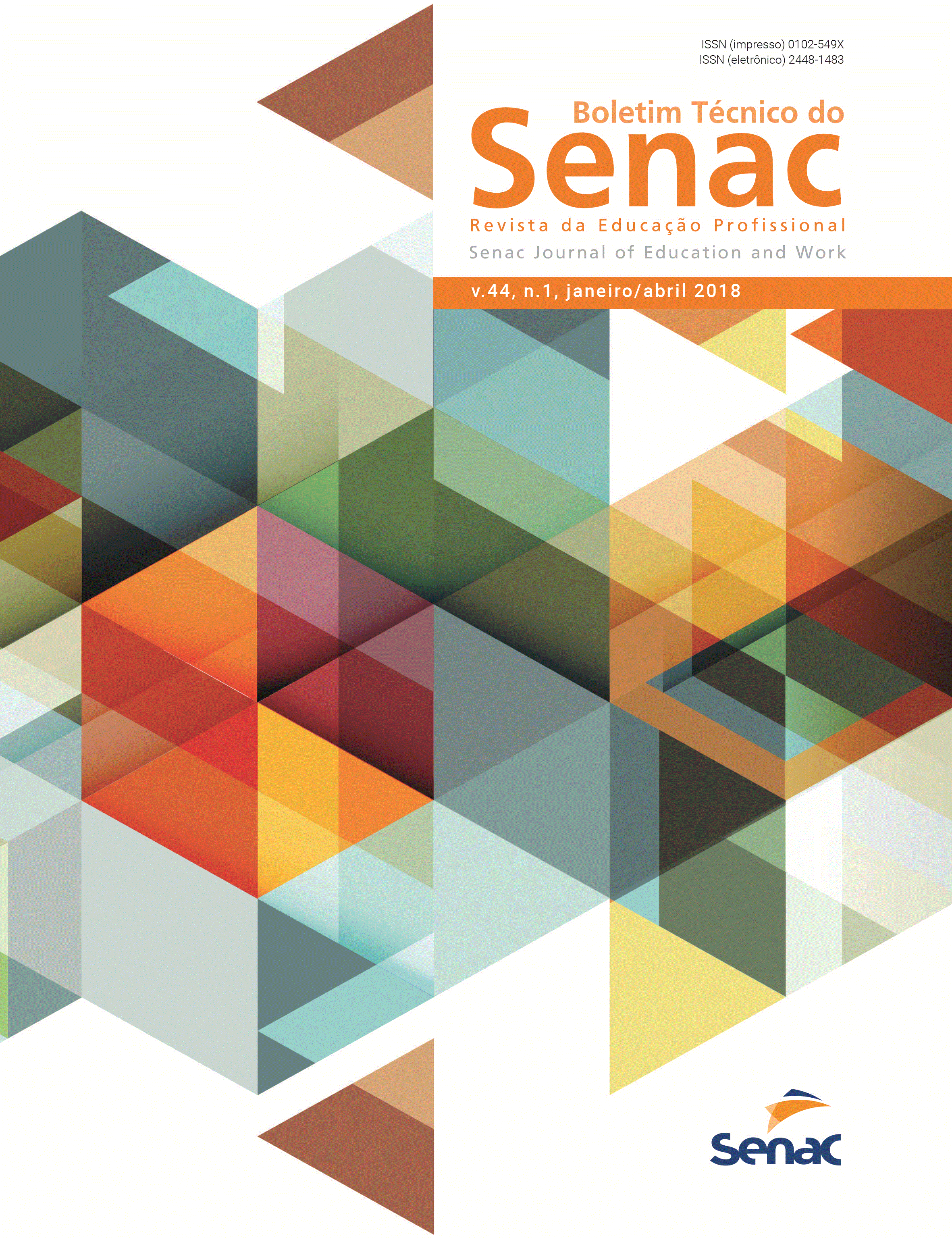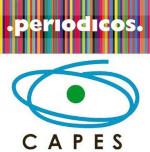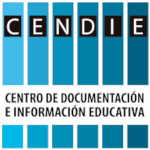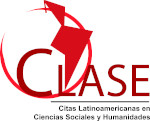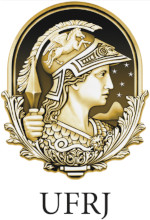Blended learning: hybrid teaching and the assessment of learning in higher education
DOI:
https://doi.org/10.26849/bts.v44i1.648Keywords:
Distance education, Information and communication technologies, Hybrid teaching, Flipped classroom, AssessmentAbstract
Assessment, in the process of any teaching modality, must contribute to student learning and not be merely an instrument to pass or fail. Therefore, the objective of this article is to analyze how assessment in hybrid teaching contributes to student learning, considering individual characteristics. To achieve this goal, we carried out a bibliographic survey in which the main authors were: Valente (2014), Horn and Staker (2015) and Rodrigues (2015). As a result, we observed that this modality allows for the creation of different forms of assessment.
Downloads
References
ARREDONDO, S. C.; DIAGO, J. C. Avaliação educacional e promoção escolar. Tradução Sandra Martha Dolinsky. Curitiba: IBPEX; São Paulo: Unesp, 2009.
BOTH, I. J. Avaliação: “voz da consciência” da aprendizagem. Curitiba: InterSaberes, 2012. (Série Avaliação Educacional).
BRASIL. Decreto nº 5.622, de 19 de dezembro de 2005. Regulamenta o art. 80 da Lei no 9.394, de 20 de dezembro de 1996, que estabelece as diretrizes e bases da educação nacional. Diário Oficial da União, Brasília, DF, 20 dez. 2015. Disponível em: <http://www.planalto.gov.br/ccivil_03/_ato2004-2006/2005/decreto/d5622.htm>. Acesso em: 20 jul. 2016.
FILIPE, M.; ORVALHO, J. G. Blended-Learning e aprendizagem colaborativa no ensino superior. 2004. Trabalho apresentado no VII Congresso Iberoamericano de Informática Educativa. Disponível em: <http://www.ufrgs.br/niee/eventos/RIBIE/2004/comunicacao/com216-225.pdf> Acesso em: 15 jul. 2016.
GIL, A. C. Como elaborar projetos de pesquisa. 5. ed. São Paulo: Atlas, 2010.
HORN, M. B.; STAKER, H. Blended: usando a inovação disruptiva para aprimorar a educação. Tradução: Maria Cristina Gularte Monteiro. Porto Alegre: Penso, 2015.
LUCKESI, C. C. Avaliação da aprendizagem escolar: estudo e proposições. São Paulo: Cortez, 2013.
MINAYO, M. C. de S. Análise qualitativa: teoria, passos e fidedignidade. Ciência & Saúde Coletiva, Rio de Janeiro, v. 17, n. 3, p. 621-626, mar. 2012. Disponível em: <http://www.scielo.br/scielo.php?script=sci_arttext&pid=S1413-81232012
&lng=en&nrm=iso>. Acesso em: 31 jul. 2016.
MORAN, J. Educação híbrida: um conceito-chave para a educação, hoje. In: BACICH, L.; TANZI NETO, A.; TREVISANI, F. de M. (Org.). Ensino híbrido: personalização e tecnologia na educação. Porto Alegre: Penso, 2015.
RODRIGUES, E. F. A questão da verificação de aprendizagem no modelo de ensino híbrido. In: BACICH, L.; TANZI NETO, A.; TREVISANI, F. de M. (Org.). Ensino híbrido: personalização e tecnologia na educação. Porto Alegre: Penso, 2015.
RODRIGUES, L. A. Uma nova proposta para o conceito de blended learning. Interfaces da Educação, Paranaíba, v. 1, n. 3, p. 5-22, 2010. Disponível em: <http://docplayer.com.br/1071699-Interfaces-da-educacao-5.html>. Acesso em: 30 jun. 2016.
SCHNEIDER, E. I. et al. Blended learning: o caminho natural para as instituições de ensino superior. São Paulo: ABED, 2014. Disponível em: <http://www.abed.org.br/hotsite/20-ciaed/pt/anais/pdf/105.pdf>. Acesso em: 25 jun. 2016.
VALENTE, J. A. Blended learning e as mudanças no ensino superior: a proposta da sala de aula invertida. Educar em Revista, Curitiba, n. 4, p. 79-97, 2014. Disponível em: <http://www.scielo.br/pdf/er/nspe4/0101-4358-er-esp-04-00079.pdf>. Acesso em: 20 jul. 2016.
Downloads
Published
How to Cite
Issue
Section
License
Commitment to the Provision of Creative Commons Licensing
The Senac Journal of Education and Work is per the BY NC license, free of charge and with no commercial purpose.
In submitting their work for evaluation, the authors undertake to make their work available through the Creative Commons-BY NC license at the website <https://br.creativecommons.org>, thus dispensing with the need for signing any other document or contract with Senac to regulate the availability of their works in the Senac Journal of Education and Work.
The author (s) further declare that they recognize the Senac Journal of Education and Work as an open access journal, whose Policies and Authors Guidelines are available to know on its official website, namely - www.bts .senac.br - and that they can be modified at any time, and immediately any new condition published online.
The names and addresses informed in this journal will be used exclusively for the services provided by this publication and are not available for other purposes or to third parties.

